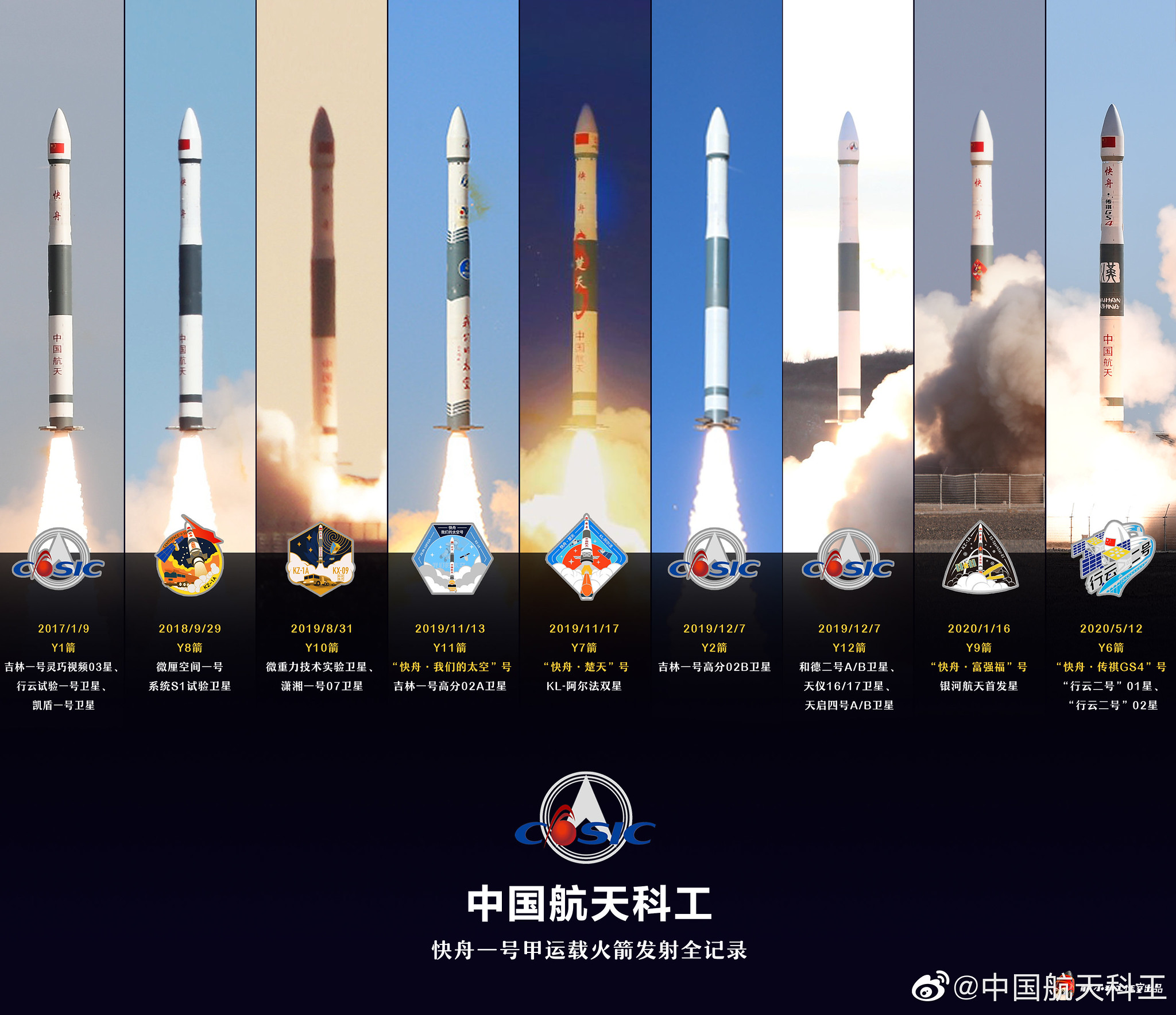There are so many misconceptions in your post, I didn't know where to start.
1) There is a term called trust to weight ratio which is used for many engine categories to measure efficiency and finesse of the engine. Merlin is the outright #1 when it comes to power/weight ratio. For its size, it produces enormous power.
2) Even for SpaceX, Merlin is not the cutting edge at the moment, it is Raptor. Raptor, on a test bench, has the highest chamber pressure record beating almighty Russian RD-180. The chamber pressure determines the efficiency of an engine. More pressure means more efficient fuel burn and hence more trust for a given amount of fuel. So this (the chamber pressure) is really a better way to gauge metallurgical and technical engineering prowess. I know Raptor didn't fly yet but soon this will change. For practical purposes, its development is complete.
3) The most significant contribution of SpaceX brought to space front is the re-usability. And they are absolutely successful with this. People were making fun of them (including me!) just 5 years ago, now my jaw drops every time I see a booster lands. The economic return of this is so colossal they are bulldozing all the competitors in commercial launches. Even the mighty US military industrial complex led by Boeing and ULA is losing! Believe me they are doing everything they can to block SpaceX, Elon.
4) Engine power certainly can indicate the maturity of a country's scientific/technical ability but with rocket engines we are beyond this. The key point you are ignoring is Merlin engines can be used multiple times. Current record should be ~10 firings for the engine. 5 for a booster.
5) With smaller engines you can have opportunities to optimize your manufacturing more like a production line so compared to large engines they become cheaper. SpaceX is currently world's largest rocket engine manufacturer.
Sorry, I am not a believer. I hear much of the same zealotry as it was around the whole Hyperloop farce.
Sure, Merlin does have a high "thrust to weight ratio" on paper. But how does that translate to the entire rocket performance?
Saturn V, total mass: 2,970,000 kg; Payload to LEO: 140,000 kg. LEO Payload to Mass Ratio: 0.0471
Falcon Heavy, total mass: 1,420,788 kg; Payload to LEO: 63,800 kg. LEO Payload to Mass Ratio: 0.0449
Disregarding the advantage of SpaceX caused by the 50+ years between these two.
Rocketdyne F-1 engine on Saturn has a trust to weight ratio of only 83, while Merlin 1D on Falcon Heavy has between 176 to 180. So this small little SpaceX engine that "produces enormous power" "for its size" has contributed to what? A lighter rocket that can put more massive payload into the same orbit? I don't see that. Judging by the ratios between LEO Payload and the total rocket mass of Saturn V and Falcon Heavy, what I am seeing is that Falcon Heavy has an identical or slightly slightly lower ratio than Saturn V.
As for the economic side of things, sure, re-usability could be a important new dimension of space-exploration. But I still hold to my belief that NASA would be a much better entity to be tasked with handling cutting edge technological advances. I still believe that the model of building a strong space industry centered around ambitious government run space-exploration projects is the way to go. It is not that I don't trust the market or capitalism. As a company, SpaceX is pretty good. But the achievements of SpaceX is at the expenses of the overall strength of the US space industry. Their engineers and scientists are former NASA scientists who got laid-off because of conservative politicians cutting funding and cancelling projects to NASA. In reality, SpaceX's success is nothing but private capitals feeding off from the talent dividend that were developed by the State during the space-race era.
SpaceX is NOT a model that can be learned, not can it be followed. It is not a trend, therefore it can never be a leader. SpaceX is an odd-ball, that came at the result of conservative US politician balkanizing government ran institutions to feed private capitals. It's nothing but cannibalism. I am not against SpaceX the company, what I am against the whole hype around this, which will only drive the population to believe that institution like NASA is useless and outdated. Just continue in this train of thought, and see what conclusion you will arrive at.
I am not a believer. If a space industry centered around the private section really works better than NASA, why did the US set up NASA in the first place? Shouldn't they just throw money at the private sector and close their eyes? And boom, the US private sector beats the USSR space industry, by the power of the mighty market capitalism. I am sorry, the whole "Tony Stark Ironman" bullshit is at best an entertaining idea for a comic book or movie franchise.








